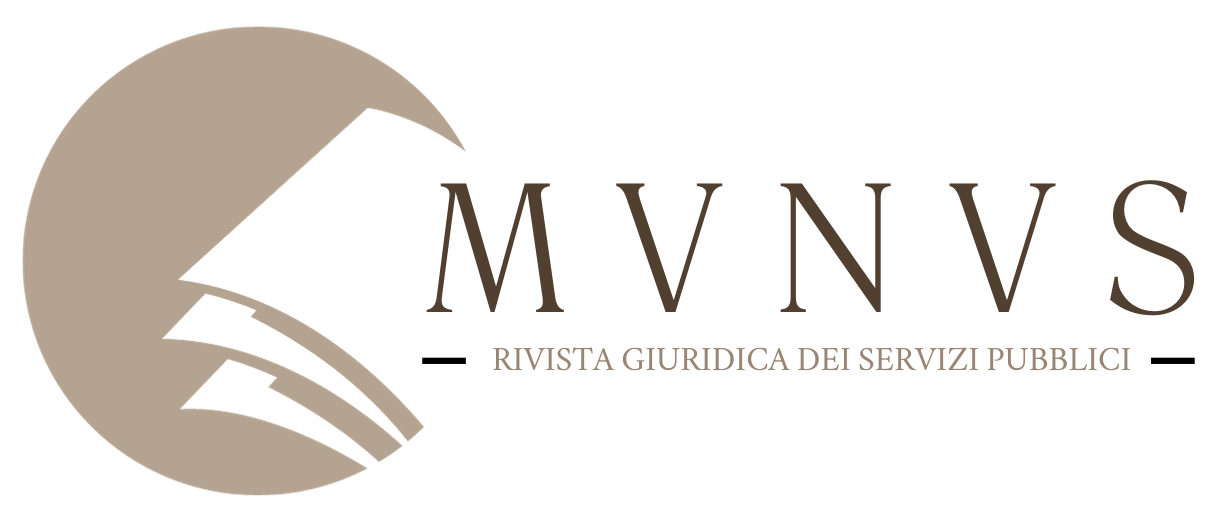Sommario:
1. Premessa.
2. Le Università-Fondazioni: una potenzialità normativamente
prevista e mai attuata.
3. Le fondazioni universitarie: strumenti dinamici della Terza
missione degli atenei. –
4. I consorzi universitari, le società e gli spin-off al servizio dello
sviluppo della ricerca.
5. L’aggiornamento del PNA 2017, con riferimento al settore universitario, tra compressione dell’autonomia, rispetto della legalità e prevenzione
della corruzione.
6. (segue) Verifica preventiva ai fini della costituzione di enti di diritto privato strumentali e spin off e successivo monitoraggio anche per ipotesi di conflitto
d’interesse.
7. Il rischio della perdita di un baricentro funzionale, per orientare allo
sviluppo del sistema universitario la collaborazione pubblico-privato.
Abstract:
In the last few years, the enforcement of the principle of the university autonomy has been marked by various legislative amendments realised from time to time in opposition with the overall aim of the very same university reform. Nevertheless, it allowed the detachment of the universities from a model of indirect administration characterised by uniformity and unicity, in favour of an organisational asset where a stronger subjective plurality and an increased differentiation can be noted. Over the years, the Legislator has also provided for new university teaching / organisational models, as the online universities and the university-foundations, the latter still in need of implementation. Together with the plurality of models of universities, in the last few years has been possible to underline a trend towards the proliferation of private law institutes, mainly instrumental in nature, as companies, foundations, consortia, associations and spin-offs, based on the assumption that they were able to guarantee the best interest of the institutional mission of the university. This has caused the widening of the perimeter of the very same university system. In this context is worthy to note the legislative amendment to the Piano Nazionale Anticorruzione 2017 [Anti-Corruption National Plan 2017] by Anac [the Italian Anti-Corruption Authority], which devoted a particular attention to the university system. This legislative intervention, with the aim of preventing corruption, maladministration and conflicts, had however the side effect of mortifying the university autonomy principle, posing also a number of compatibility problem with the very same autonomy principle. The university system, affected by various legislative amendments which have restricted its autonomy, was also marked by the spending review policy along with public budget constraints, and by the increased plurality and heterogeneity of the actors in the system, has not been coupled with an adequate differentiation in the exercise of the autonomy and in its degree of utilisation. This brings along the side effect of an imbalanced functional barycentre unable to govern the transition. Indeed, the lack of a central point of reference makes the identification of distinctive roles and responsibilities difficult. In turn, this has a negative impact on establishing and guiding the various forms of public-private partnerships, according to an organic and harmonic picture of development of the university system.
